Ibogaine for Anxiety in Mexico: Safety, Cost & Process
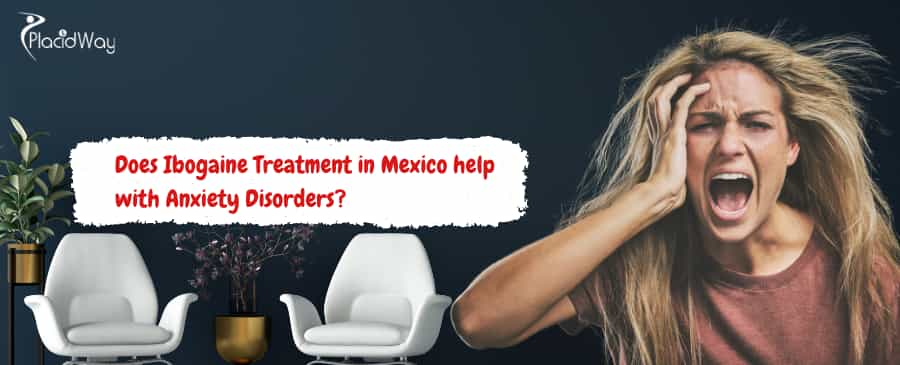
The search for effective anxiety relief can feel like a never-ending journey. While traditional therapy and medication help many, a growing number of people are looking for alternative paths to healing. One name that surfaces in these conversations is Ibogaine—a powerful, natural substance with a complex reputation. Most known for its remarkable ability to interrupt severe drug addiction, there's a growing curiosity: could this same compound help with crippling anxiety disorders?
Because Ibogaine is classified as a Schedule I substance in the United States (making it illegal for therapeutic use), many are turning to clinics in other parts of the world, with Mexico being a primary destination. These clinics have been operating for years, building a foundation of practical experience with this potent plant medicine. But is it safe? And does it actually work for anxiety, or is its effectiveness limited to addiction?
This post will dive deep into everything you need to know about Ibogaine treatment in Mexico for anxiety. We'll explore how it works, what the risks are, what recent science says, and what you should look for in a clinic. This isn't a simple "yes" or "no" answer; it's a complex topic that requires a careful, informed perspective. Let's explore the facts, so you can understand if this path is a potential option for you or a loved one.
What is Ibogaine?
For centuries, the Bwiti people of Gabon have used iboga root bark in their spiritual and healing ceremonies. In a low-dose, it acts as a stimulant, but in larger doses, it induces a profound, dream-like psychoactive state. In the 1960s, Western researchers and self-helpers discovered its "oneirophrenic" (dream-inducing) properties and, most notably, its unique ability to interrupt opioid withdrawal and cravings.
Ibogaine is chemically complex, and it's not a "recreational" drug in any sense. The experience is often described as intense, difficult, and deeply introspective rather than euphoric. It's considered a powerful "interrupter" and "reset" button for the brain.
How does Ibogaine work on the brain?
Unlike a drug like an SSRI, which targets one specific neurotransmitter (serotonin), Ibogaine interacts with a vast network of receptors in the brain. This "shotgun" approach is part of what makes it so powerful. It influences dopamine, serotonin, and opioid pathways all at once.
More importantly, Ibogaine is converted by the body into a longer-lasting molecule called noribogaine. This metabolite can stay in your system for weeks or even months, which is believed to be responsible for the extended period of reduced cravings and improved mood that many experience after treatment. For anxiety, the theory is that it helps "unstick" the brain from rigid, negative thought patterns and allows for the deep processing of root traumas.
Is Ibogaine primarily used for anxiety?
The vast majority of Ibogaine treatment in Mexico is focused on addiction. It's famous in recovery circles for its ability to, in many cases, completely eliminate opioid withdrawal symptoms and significantly reduce post-acute withdrawal (PAWS) and cravings. This gives individuals a rare "clean slate" to begin recovery.
The use of Ibogaine for anxiety is a secondary, though growing, field of interest. It's often used for people who have "co-morbid" conditions, such as addiction *and* PTSD. The positive effects on mental health are often seen as a powerful "side benefit" that is now being studied as a primary treatment itself.
So, can Ibogaine treatment in Mexico really help with anxiety?
This is the most important distinction. Ibogaine is not like taking a Xanax to stop a panic attack. It is an intense therapeutic process. Many people with severe anxiety, especially PTSD, are "stuck" in a trauma loop. Ibogaine facilitates a state of deep introspection, often described as a "waking dream," where a person can revisit and re-process difficult memories from a detached, objective perspective.
By helping to process and integrate these root traumas, Ibogaine can potentially resolve the underlying issues that *cause* the anxiety in the first place. The "reset" can also help break the cycle of rumination and obsessive worry that defines many anxiety disorders.
What types of anxiety might it help with?
The strongest evidence and anecdotal reports point to its effectiveness for PTSD. A recent groundbreaking study from Stanford University on special operations veterans (a group with high rates of TBI and PTSD) found that Ibogaine treatment led to dramatic reductions in PTSD, anxiety, and depression symptoms.
For conditions like Generalized Anxiety Disorder (GAD), the benefits are less clear. It may help, but it's not the primary target. The healing seems to come from gaining a new perspective on life, processing past emotional baggage, and the long-lasting mood-lifting effects of noribogaine.
What are the serious risks of Ibogaine treatment?
This cannot be overstated. Ibogaine is not a substance to be taken lightly or in an unsupervised setting. It places significant stress on the heart. Reputable clinics mitigate this risk by:
- Mandatory EKG: A 12-lead EKG (electrocardiogram) is essential to check for any pre-existing heart conditions or a long QTc interval.
- Medical History: Ruling out liver problems (which affect how the drug is metabolized) and any medications that also affect the QTc interval (like many antidepressants).
- Continuous Monitoring: Patients are connected to a cardiac monitor (EKG) and supervised by medical staff (doctors and/or ACLS-certified nurses) for the entire duration of the treatment.
Other, less severe side effects include intense nausea, vomiting (which is very common), and ataxia (a temporary loss of muscle coordination and balance, making it difficult to walk).
Is Ibogaine treatment legal in Mexico?
This "alegal" status is why Mexico has become a hub for Ibogaine treatment. It allows clinics to provide the service, but it also places the full burden of safety and quality control on the clinic itself. This makes it incredibly important for potential patients to do thorough research, as the quality of care can vary dramatically from one center to another.
Why do people travel to Mexico for Ibogaine?
For Americans, Mexico is the closest, most accessible option. The clinics there have decades of combined experience, arguably more than anywhere else in the world. This experience is vital for managing the risks and guiding patients through the intense psychological experience. While it's not "cheap," it is often more affordable than the few, highly-regulated clinics that operate in places like Canada or New Zealand.
What is the cost of Ibogaine treatment in Mexico?
The price difference depends heavily on the level of medical care, the luxury of the accommodations, and the length of the aftercare program. A higher price often (but not always) correlates with a safer, more medically-sound environment, such as having an-site cardiologist or ICU-level monitoring equipment.
Cost Comparison of Ibogaine Clinics in Mexico
| Feature | Basic Clinic (~$6,000 - $8,000) | Mid-Range Clinic (~$8,000 - $12,000) | Luxury/Premium Clinic (~$12,000 - $15,000+) |
|---|---|---|---|
| Accommodation | Shared room, basic amenities | Private room, comfortable | Luxury suite, holistic services (massage, etc.) |
| Medical Staff | On-call doctor, 24/7 nurses | On-site doctor, 24/7 ACLS-certified nurses | 24/7 on-site doctor, cardiologist, full nursing team |
| Monitoring | Basic EKG & vital signs monitoring | Continuous cardiac (EKG) monitoring | Advanced, ICU-level cardiac monitoring |
| Aftercare | One or two basic integration sessions | Several integration sessions, follow-up calls | Comprehensive aftercare plan, ongoing therapy |
What does the Ibogaine treatment process involve?
A typical 7-day program looks like this:
- Day 1-2: Arrival & Intake. You'll settle in, meet the medical team, and undergo your medical screening (EKG, blood work, etc.). You will also begin to taper off any substances if needed and start fasting.
- Day 3: Treatment Day. You'll be in a private, comfortable room, connected to medical monitors. You'll take the Ibogaine (usually in capsule form) and be guided and watched over by medical staff for the entire 8-12 hour experience.
- Day 4: "Gray Day." This is a day for rest and recovery. You will likely feel very tired, uncoordinated (ataxia), and sensitive to light and sound.
- Day 5-7: Integration & Recovery. This is a crucial phase. You'll begin to eat again, regain your strength, and, most importantly, talk to therapists or "integration coaches." They help you make sense of your experience and create a plan for moving forward.
What medical screening is required beforehand?
Any clinic that does *not* require these tests should be avoided. The EKG checks your heart's rhythm (specifically the QTc interval). The blood panel checks for electrolyte imbalances (like low potassium or magnesium) that can increase heart risks. The liver function test is vital because a poorly-functioning liver cannot metabolize the Ibogaine properly, making it dangerous.
What does an Ibogaine "trip" feel like?
The experience is often split into two phases. The first is the visionary phase, where you may see geometric patterns, followed by a rapid-fire review of your life's memories. Many report feeling like an objective "observer" watching their own past. The second phase is the introspective, cognitive phase. This part is less visual and more about deep thought and processing. This is where the therapeutic insights about your trauma, behaviors, and anxiety often occur.
What happens immediately after the treatment?
During this time, you are still processing the experience and the drug. You will likely sleep a lot. Clinics provide a quiet, dark, and comfortable space for you to rest. You will be sensitive to light and sound, and your body will be weak. This is a normal and necessary part of the recovery process.
How important is aftercare and integration?
Ibogaine can show you the door, but you have to walk through it. The days and weeks after treatment are a fragile, highly "neuroplastic" time where your brain is open to new ways of thinking. Integration—which is just a word for therapy and coaching after the treatment—is designed to help you:
- Make sense of the often-symbolic visions and insights.
- Understand the root causes of your anxiety that were revealed.
- Develop new coping mechanisms so you don't fall back into old patterns.
A clinic that just gives you the Ibogaine and sends you home is not setting you up for long-term success. Good Ibogaine treatment in Mexico will always include a strong integration program.
Are there scientific studies on Ibogaine for anxiety?
This study, published in the prestigious journal *Nature Medicine*, is a landmark. It provided rigorous scientific validation for what clinics have been reporting for years. The veterans in the study showed an average 81% reduction in anxiety symptoms one month after treatment. This suggests that Ibogaine has a powerful and lasting therapeutic effect on trauma-based anxiety disorders.
How is Ibogaine different from traditional anxiety medications (like SSRIs)?
Think of it this way: SSRIs (like Prozac or Zoloft) work by putting a "filter" over your symptoms. They help manage the anxiety day-to-day but don't resolve the underlying cause. Ibogaine, in contrast, is an "excavator." It's a short, intense process designed to dig up the root of the problem, look at it, and re-file it in a healthier way. It's a powerful intervention, not a daily management tool.
How do I find a safe and reputable Ibogaine clinic in Mexico?
Safety is everything. When you research a clinic, ask them these specific questions:
- Do you require a 12-lead EKG and full blood panel before treatment? (If no, run away).
- Is there a doctor on-site 24/7 during the treatment?
- Are your nurses ACLS (Advanced Cardiac Life Support) certified?
- Do you use continuous EKG monitoring (not just a blood pressure cuff)?
- What is your emergency protocol for a cardiac event?
- What does your integration and aftercare program consist of?
A good clinic will be happy and proud to answer these questions in detail.
What are the red flags of a bad clinic?
Be extremely wary of any provider who downplays the risks. While Ibogaine has spiritual roots, a treatment clinic *must* be a medical facility first and foremost. A "shaman" who is not also a licensed medical doctor is not equipped to handle a cardiac emergency. Also, avoid any center that offers a "miracle cure" or guarantees 100% success. This is a complex process, not magic.
Does Ibogaine "cure" anxiety?
The most accurate way to see it is as a powerful catalyst for change. It can accomplish what might take years of traditional talk therapy in a single session. But the days, months, and years that follow are where the real healing happens. You must be prepared to do the work, build healthy habits, and integrate the lessons from your experience into your daily life.
Exploring medical treatment options abroad, especially for complex therapies like Ibogaine, requires trust and safety. It's essential to work with a partner who can help you navigate your choices.
PlacidWay is dedicated to connecting patients with safe, vetted, and high-quality healthcare providers around the world. Explore your options with PlacidWay to find a path to wellness that you can trust.

.png)


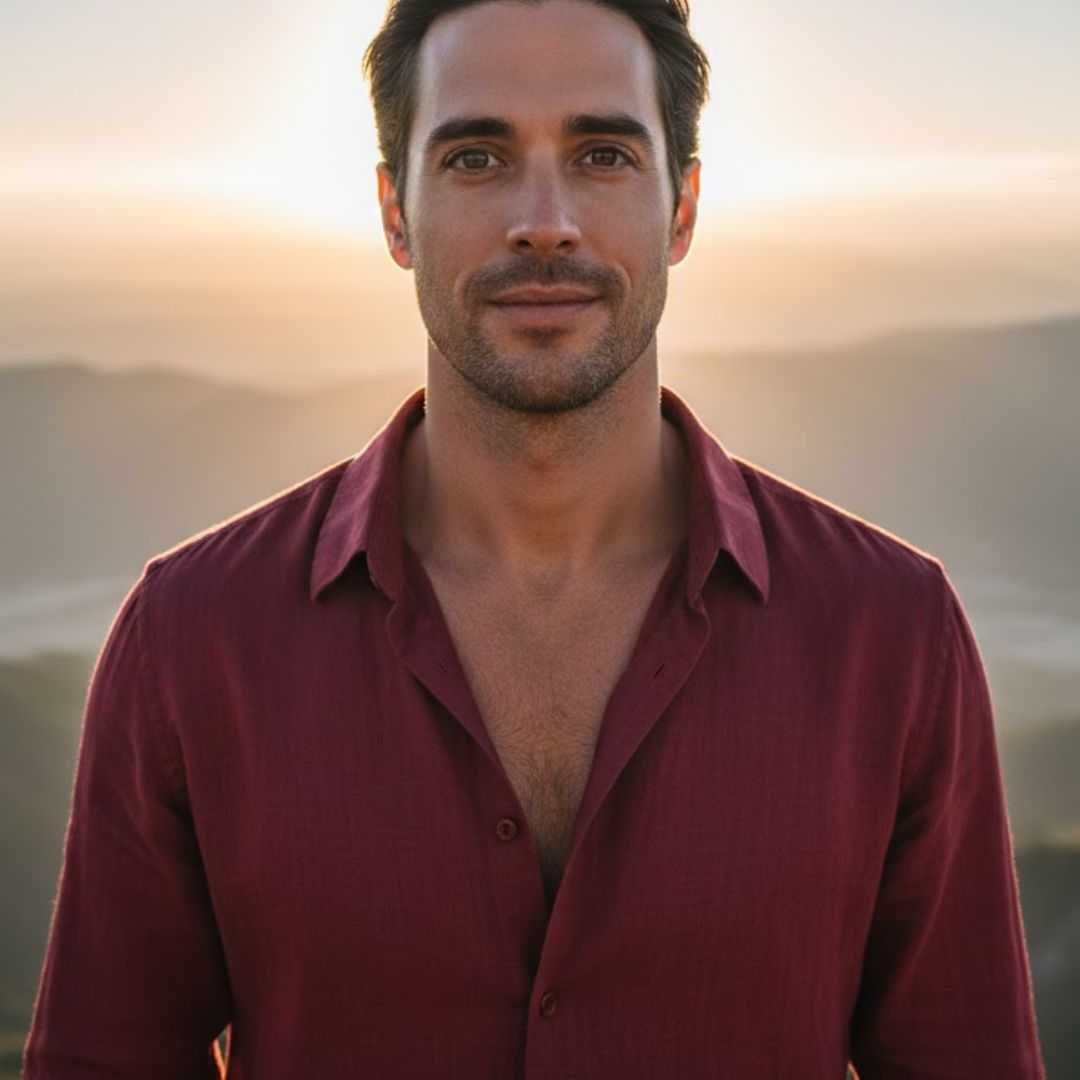

.png)
.png)
.png)
.png)
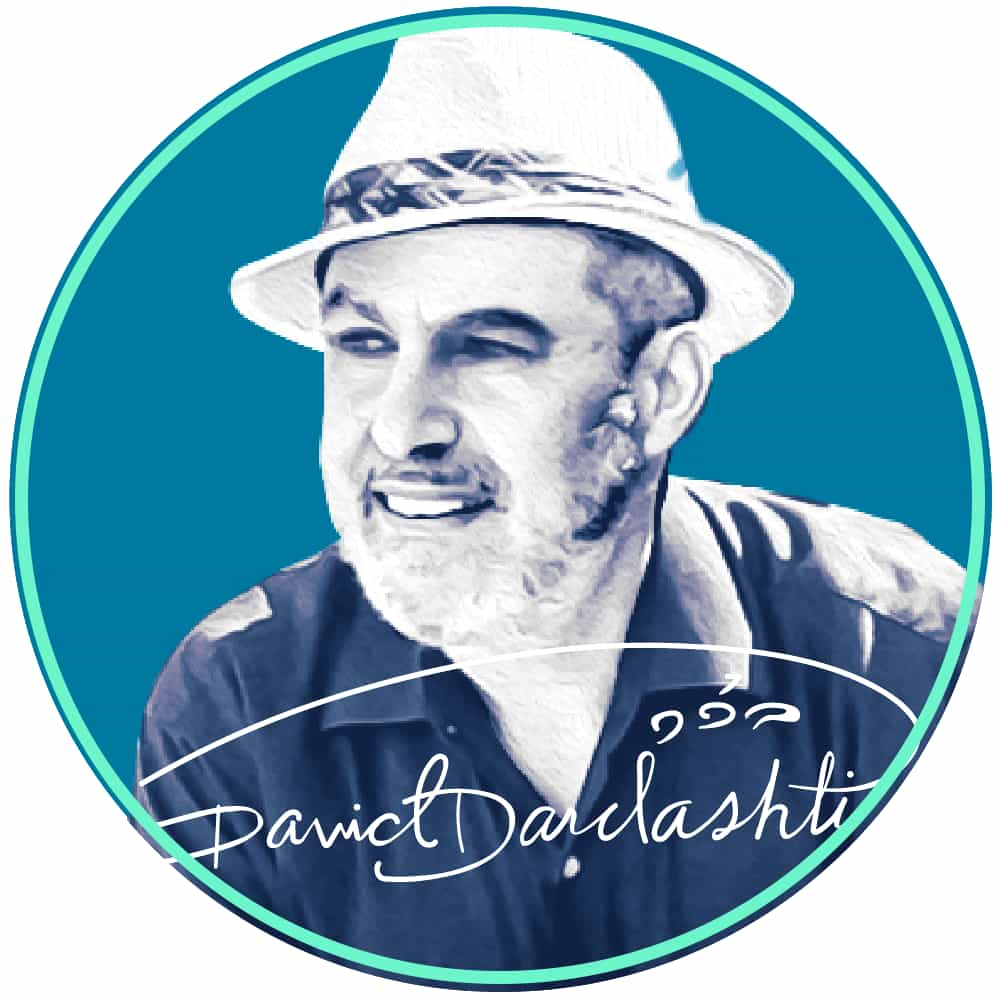
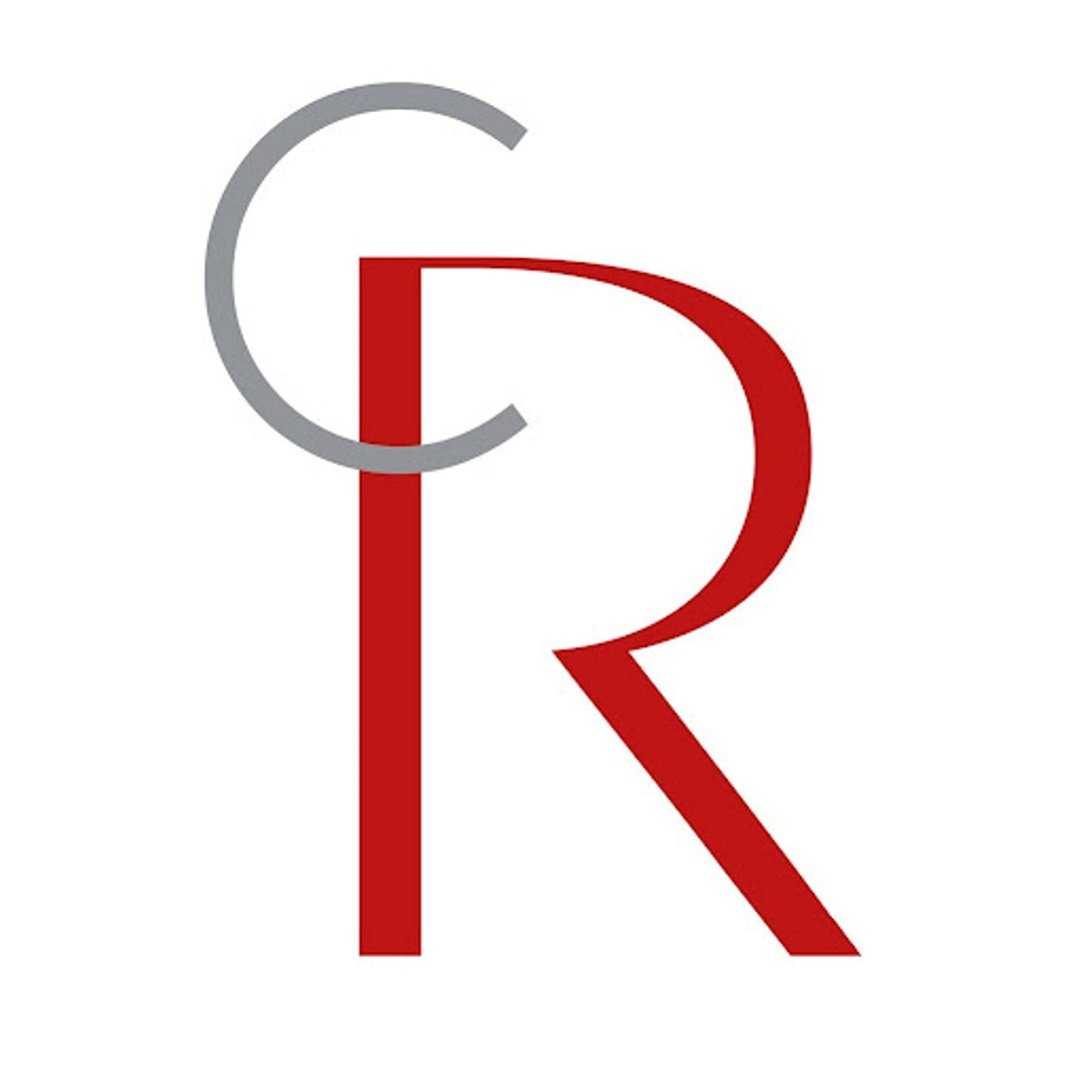
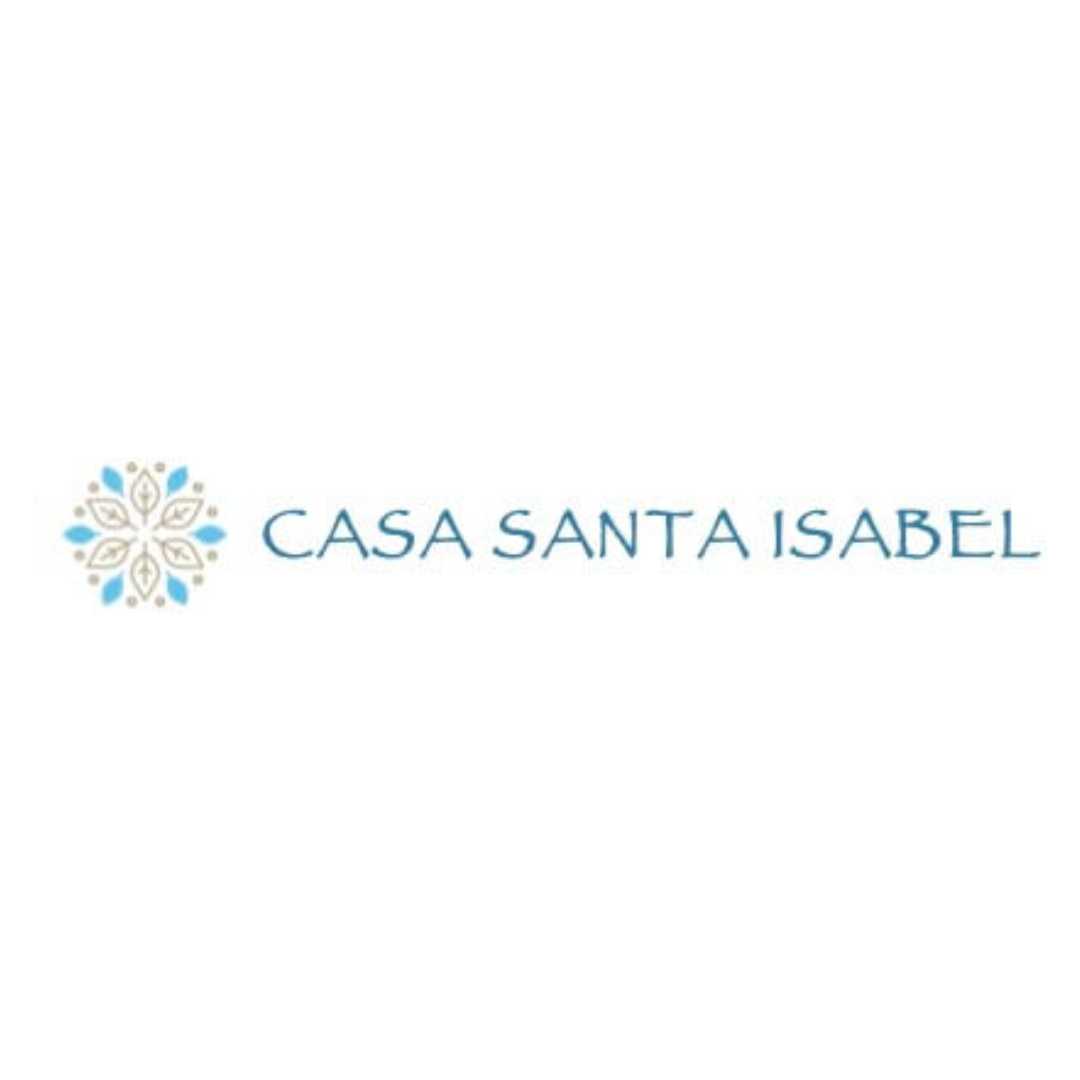
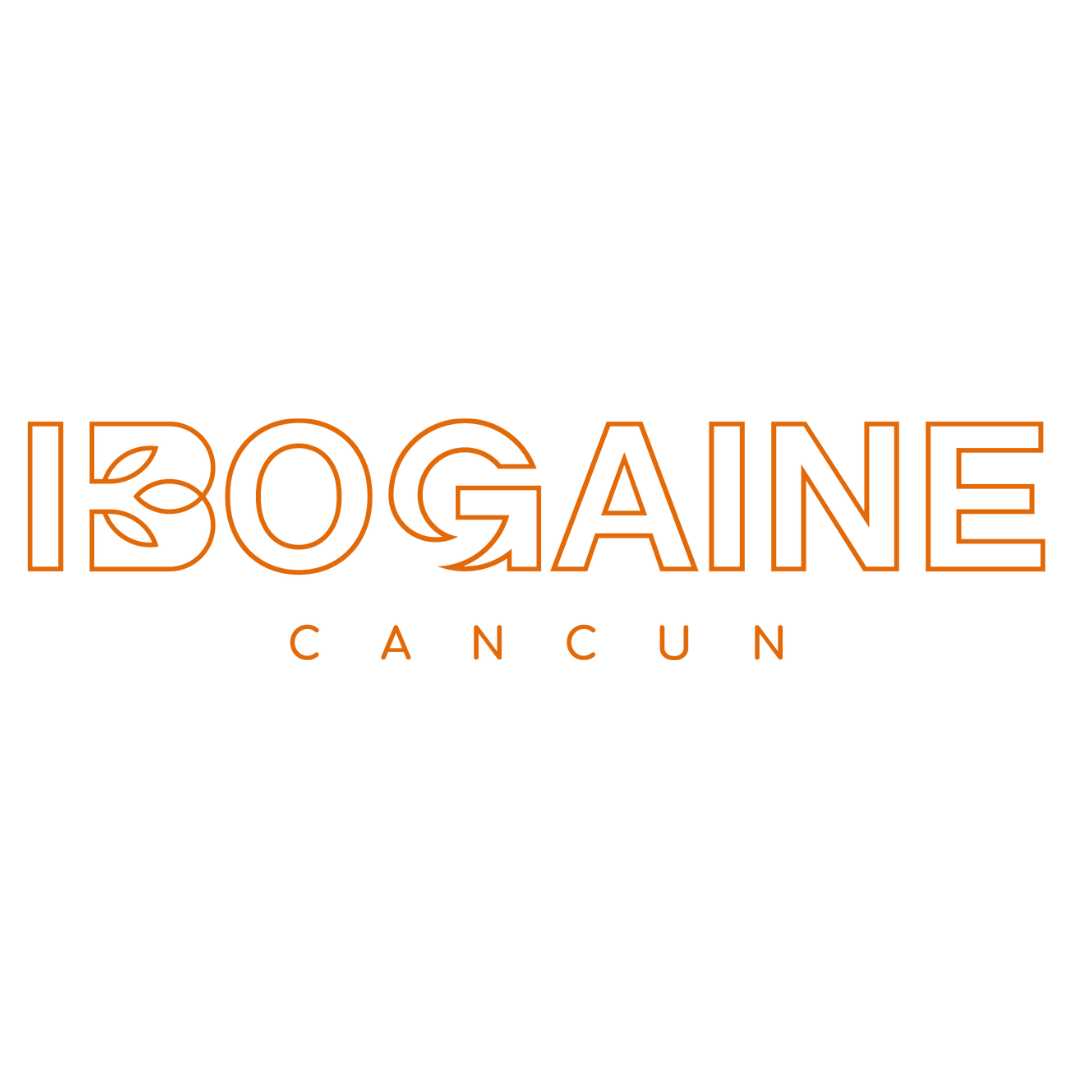
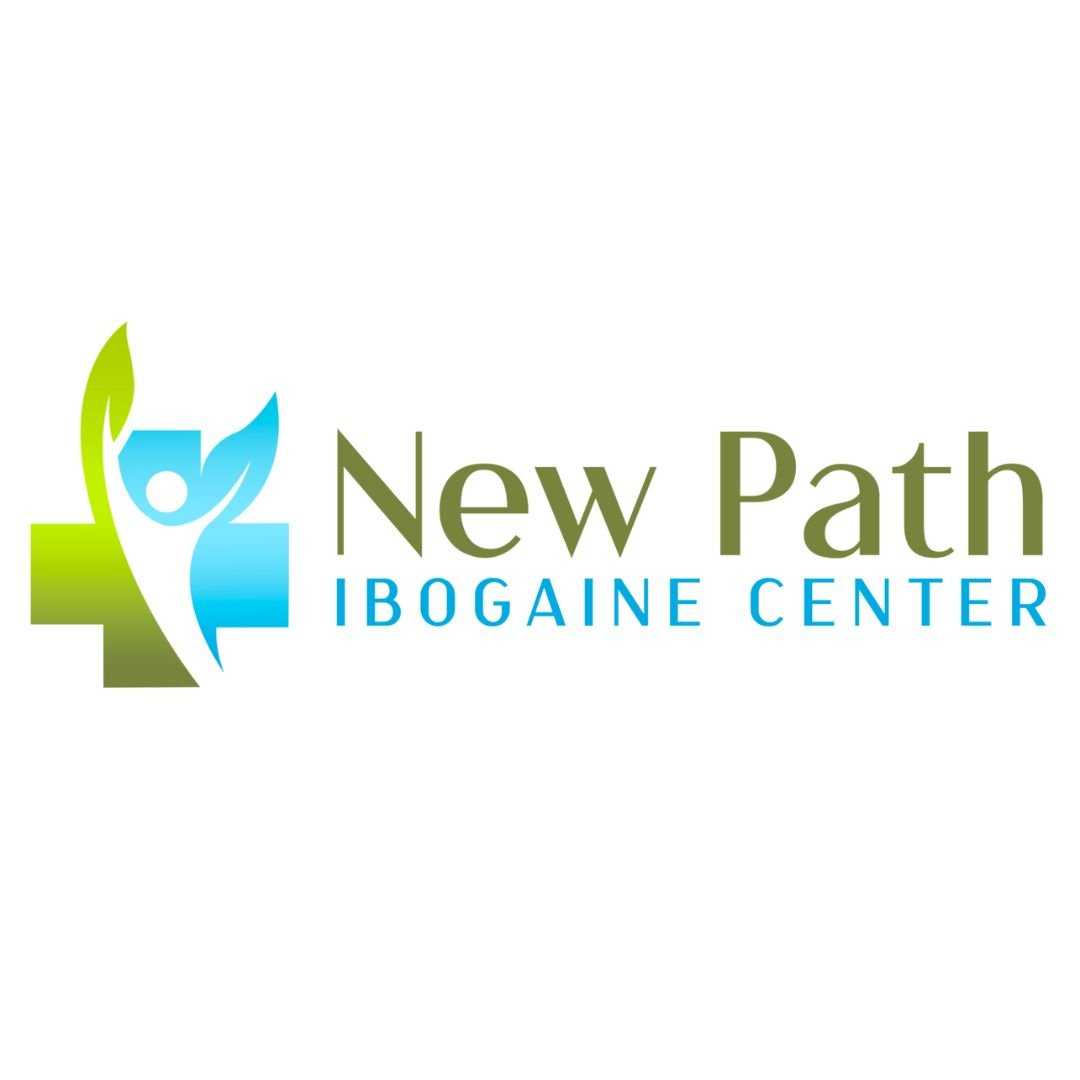

Share this listing